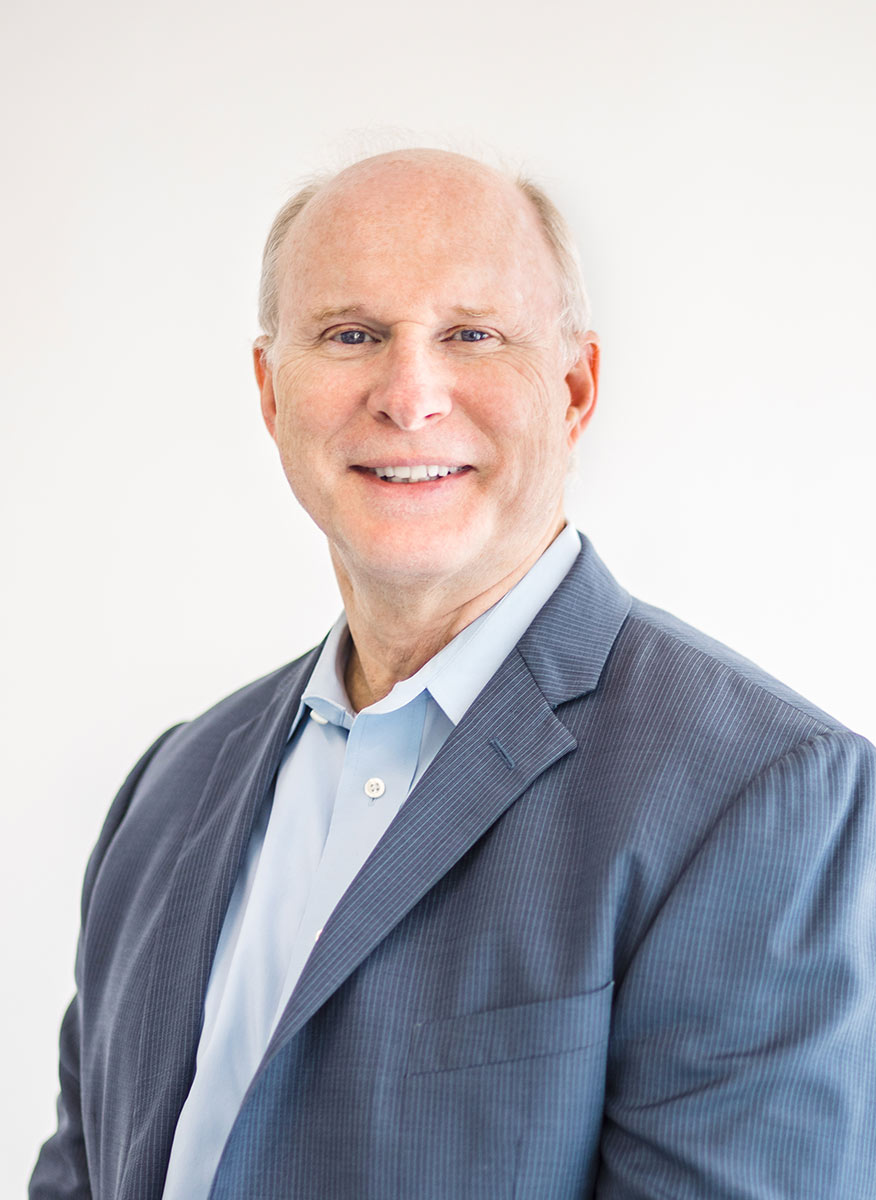Abstract
There are multiple channels through which research universities impact regional and national economies. These channels are growing in importance and scale as the fundamental output of research universities becomes ever more valuable to an economy that is fueled by innovative endeavors. Ultimately, the impact of research universities is determined by the degree to which they embed themselves and their graduates in the local business and economic milieu and contribute to the social capital building across numerous dimensions.
Research universities fulfill their mission by creating new knowledge and disseminating it. Universities achieve this by instilling new knowledge in the human capital they develop and through research and discovery that is translated to existing firms or commercialized by startups. This paper explores the processes and metrics to measure the contributions of research universities through their (1) operations, (2) human capital creation, (3) licensing and academic startup activity, (4) business and economic engagement pathways and (5) enhancing quality of place through social capital building and interactions with their communities. How do universities produce knowledge and transfer it by codified and tacit exchange with the private sector? The American research university may be one of the greatest inventions this nation has ever produced.
Research university leadership and economic development officials must understand the multifaceted dimensions to create jobs and economic opportunity in their communities. Monitoring metrics such as those contains in this report could improve focus and positively impact outcomes.
University Technology Transfer and Commercialization Index (1-25)
- 1University of Utah
- 2Columbia University
- 3University of Florida
- 4Brigham Young University
- 5Stanford University
- 6University of Pennsylvania
- 7University of Washington
- 8Massachusetts Institute of Technology (MIT)
- 9California Institute of Technology
- 10Carnegie Mellon University
- 11New York University
- 12Purdue Research Foundation
- 13University of Texas System
- 14University of Minnesota
- 15University of California, Los Angeles
- 16University of MIchigan
- 17Cornell University
- 18University of Illinois Chicago Urbana
- 19University of South Florida
- 20University of California, San Diego
- 21Arizona State University
- 22University of Central Florida
- 23Northwestern University
- 24Cleveland Clinic
- 25University of Pittsburgh
Source: Milken Institute

